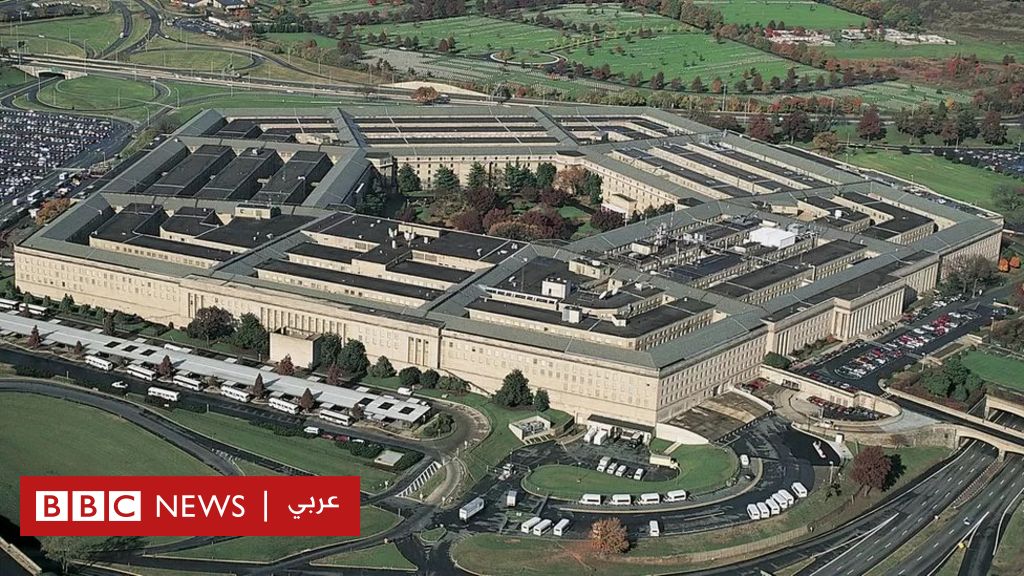Posted in:
The Lebanese parliament on Thursday failed to elect a president for the seventh time, despite a vacancy left by Michel Aoun since earlier this month. This failure is due to deep political divisions, in the midst of an accelerating economic collapse that the authorities are unable to contain. The system of agreements and quotas that exists between political and sectarian forces often delays important decisions, including the formation of a government or the election of a president.
More than three weeks after President Michel Aoun left office, parliament has collapsed Lebanese Thursday for the seventh time Election of the President of the Republic.
50 MPs voted with a white paper, while MP Michel Moawad, supported by the Lebanese Forces led by Samir Geagea and other blocs, including Druze leader Walid Jumblatt’s bloc, won 42 votes.
Large blocs, including Hezbollah, the most important political and military force, oppose Moawad, known for his closeness to the Americans, and describe him as a “challenger” candidate, asking for a pre-emptive agreement on a candidate before going to Parliament to elect him.
Opposition MP Firas Hamdan criticized the use of the idea of ”compatibility”.
Hamdan told Agence France-Presse: “May every bloc vote, as happens in any democracy in the world, because we cannot remain within the framework of the game of consensus”, which he considered “a tribal and sectarian idea which has led the country to the disintegration and state of paralysis in which institutions live today”.
The deputy expressed regret for the existence of a decision “that parliament remains a sectarian political reserve to protect the system”, while “the parliamentary blocs need to assume their responsibilities and be humble in the interest of the country in the light of the tragic economic situation we live in, instead of breaking people’s will and upsetting interests”.
The representative of the Lebanese Kataeb party, Sami Gemayel, asked about the feasibility of participating in the electoral sessions every week.
“This is not an electoral process, but rather a process of waiting for an agreement at the expense of the country, the people, the economy and the constitution,” he told reporters in parliament.
The system of agreements and quotas between political and sectarian forces usually delays important decisions, including the formation of a government or the election of a president.
Deep disagreements
Parliament Speaker Nabih Berri has set a date for a new session early next month.
Thursday’s session was held with a two-thirds majority in the first session, before MPs withdrew to overturn the quorum in the second session, a tactic pursued by Hezbollah and its allies.
A candidate in the first round of voting needs a two-thirds majority, or 86 votes, to win. And the required majority, in the event of a second sitting, becomes 65 votes out of 128, which is the number of MPs.
The fact that Parliament has so far not elected a president indicates that the electoral process could take a long time, in a country where constitutional terms are rarely respected.
No political party has a parliamentary majority to impose its candidate.
The presidential vacuum coincides with the existence of an interim government unable to make the necessary decisions, and at a time when Lebanon has witnessed, since 2019, an economic collapse that the World Bank has ranked among the worst in the world since 1850 .
In a report released on Wednesday, the World Bank suggested that “the unprecedented political vacuum will further delay reaching any agreement on resolving the crisis and approving the necessary reforms, which exacerbates the plight of the Lebanese people.”
And he warned that “the contraction of real GDP that Lebanon has witnessed since 2018, equal to 37.3%, which is among the worst deflation rates the world has witnessed, has wiped out the economic growth achieved in 15 years, and even undermines the economy’s ability to recover.” “.
France 24/AFP


